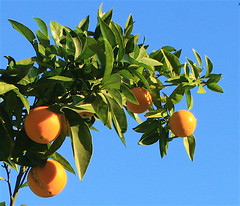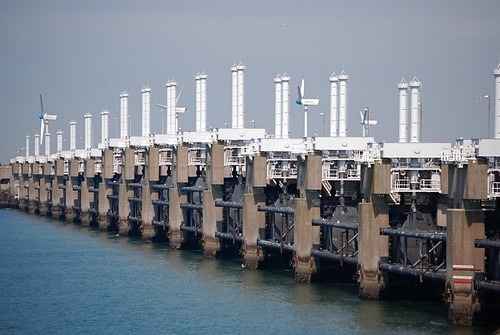I drink tap water. Constantly.
Yet somehow, much of the first world.. doesn’t anymore. Are you one of them?
This is world water week… and one of my many issues of concern in today’s world is the privatization, commodification, and destruction of the world’s water.
Everywhere I look I see bottled water. People carry them like a fashion statement. They put them in their kitchens for drinking water and act as if using the tap for drinking water is some kind of unthinkable punishment. This despite the fact that in most European cities and many North American cities, the municipal water systems ensure an extremely high quality of drinking water from the tap.
Meanwhile, large corporations mobilize to convince people and governments of how great things will be once they sell off their water system. They hope you won’t notice the disasters they oversaw in South America during the great privatization spree of the late 90’s.
And all the while you’re carrying that plastic bottle with you and cocacola has bought that poland spring or whichever your favorite allegedly spring water you like to drink. Oh and most of that water doesn’t come from a spring either, but the photo of a waterfall on the bottle somehow manages to make people forget that fact.
As it is world water week, Ill be doing more research into who is pushing for more water privatization and looking into who is currently making big bucks off of it. Meanwhile I can only hope that a new trend will emerge, one where people turn back to tap water.. carry a water bottle with h20 from the tap.. if only that would become the new cool.
 People in the US and around the world are used to getting their fruits and veggies from California. But will Cali be able to deliver if their water system collapses?
People in the US and around the world are used to getting their fruits and veggies from California. But will Cali be able to deliver if their water system collapses? Not the sexiest topic for the mass media to cover, but over in a city I like very much – Istanbul – the
Not the sexiest topic for the mass media to cover, but over in a city I like very much – Istanbul – the  I thought of Al today as I read about how
I thought of Al today as I read about how 